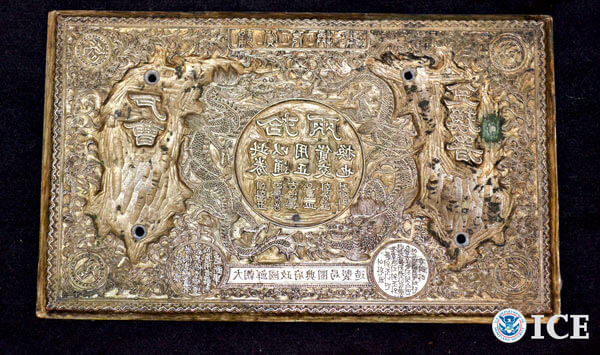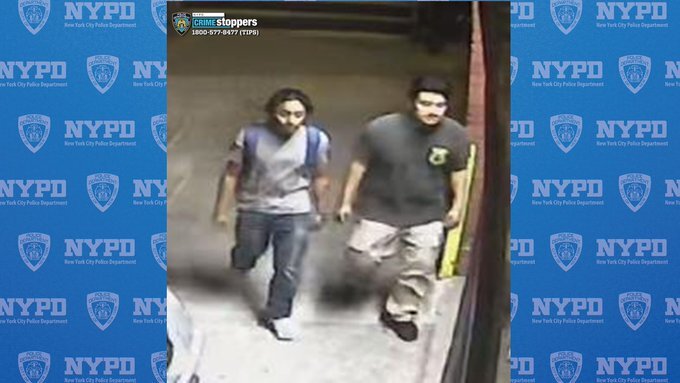By Joe Anuta
A tale of international intrigue involving the Korean War, plundered palatial artifacts and a Michigan auction house led federal investigators to Flushing several years ago, although a criminal case only recently commenced.
Won Young Youn, who lived in Flushing during 2010, was arrested Jan. 9 and charged with transporting and possessing a Korean relic that came to the United States under dubious means.
The artifact in question is a metal plate used to print currency in the 1800s during Korea’s Joseon Dynasty. The Hojo currency plate is of extreme historical significance to the Korean government, which was also involved in the years-long investigation, according to a criminal complaint filed in Michigan’s Eastern District Court Dec. 19.
And the Asian nation’s interest in reclaiming the artifact is precisely why prosecutors allege Youn wanted to attain it.
“The plaque was probably stolen from Korea during the Korean wartime by a U.S. soldier,” Youn allegedly told another Flushing resident involved in the 2010 purchase, according to the complaint.
Youn also allegedly likened the purchase to “winning the lottery,” since he believed he could name his price to Seoul, according to the complaint.
Only one of his alleged assertions proved true.
In the 1950s after the outbreak of the Korean War, a now-dead U.S. Marine named Lionel Hayes was sent overseas, according to the criminal complaint.
When he returned, he brought with him the Hojo currency plate, which remained in his family’s possession until 2010, prosecutors said.
It was then that Hayes’ descendant, Kathy Vogt, decided to auction off some of Hayes’ items, the complaint said, and approached Midwest Auction Galleries, which put the priceless plate up for sale.
When interviewed by federal investigators, Vogt could not provide any information about how Hayes might have come into possession of the Hojo currency plate, other than saying she often heard him talk about Duk Soo Palace, according to the complaint, which is a royal compound in Seoul built by the Joseon Dynasty.
Immediately after the relic was put up for auction, the gallery owner, James Amato, was contacted by both the Korean embassy and the U.S. Department of State, which advised him that the item was likely plundered during the war and its sale could be in violation of the National Stolen Property Act, according to the complaint.
But federal investigators later learned that the plate had been purchased anyway by a woman named Joo Park, who told prosecutors she Youn had used her computer to buy the item on behalf of Youn, the complaint said. Park has not been charged with any wrongdoing.
Prosecutors reached out to the Flushing resident in November, when she said in a sworn affidavit that Youn had wanted to purchase the plate to sell back to the Korean government, according to the complaint.
Youn subsequently went on a media tour, where he gave interviews about the Hojo currency plate in the Korean press, prosecutors said, but he has now been arrested.
Reach reporter Joe Anuta by e-mail at januta@cnglocal.com or by phone at 718-260-4566.
































